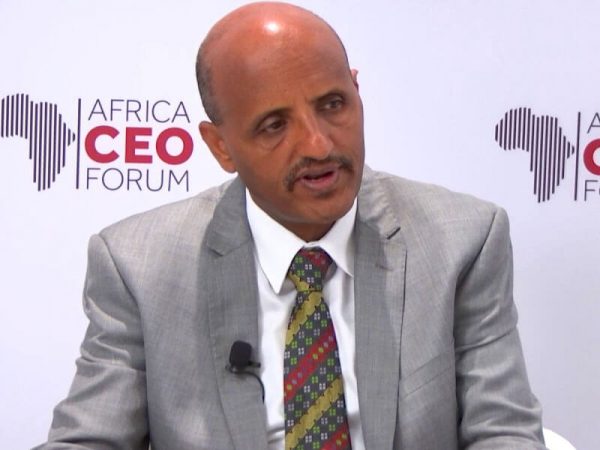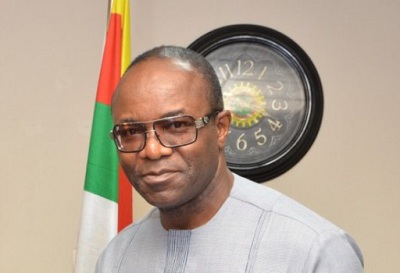NACCIMA Lampoons Obsolete Nigerian Maritime Policies

Nigerian Association of Chambers of Commerce, Industry, Mines and Agriculture (NACCIMA) has admonished the Federal Government to take critical look at the policies regulation the nation’s maritime sector, describing them as obsolete policies thus hindering port efficiency.
NACCIMA’s National President, Iyalode Alaba Lawson said this when she led members of the association on a courtesy visit to the Nigerian Shippers’ Council (NSC) in Lagos on Thursday.
The NACCIMA President decried the lack of automation of port processes and the multiplicity of agencies at the nation’s port, many of which she noted do not have business being there.
She also expressed concern over the perennial traffic gridlock on the port access roads; a situation she said has further heightened slow cargo clearance at the port and affecting export activities as much as its affects imports.
Alaba Lawson, who noted that the important role of the maritime industry in the nation’s economy cannot be overemphasized, urged the council to push for more reforms to make the port more efficient.
“We are partners in progress. So we have to work together to revive our economy when it comes to shipping in Nigeria. We have obsolete policies including high number of government agencies still operating at the port. We have insufficient use of technology for cargo automation leading to high human interface and lack of enforcement of the single window payment system, which they are using in Ghana today. We need to push for more reforms in the sector. We need to work to create an enabling business environment at the port and we are open for such collaboration with the council.
“We recommend the use of modern technology such as scanners to hasten processes at the port including reducing incidences of physical examination of containers to the barest minimum. On the provisions of infrastructure, we need rail network and truck holding bays among others,” she said.
Lawson called on President Muhammadu Buhari to assent to the bill converting the Shippers’ Council to the National Transport Commission (NTC) to help create an effective transportation industry.
Meanwhile, the Executive Secretary of NSC, Mr. Hassan Bello, assured that the Federal Government remains committed to improving port infrastructure, including the provision of rail for quick cargo evacuation.
According to Bello, the Council would continue to support the aspirations of the organized private sector by providing the enabling environment for their businesses to thrive.
“We need to make our port and other establishments competitive, especially when we are competing against port of West and Central Africa sub-region. Nigerian Shippers’ Council is created to offer service to the private sector so we have to serve the private sector.
“We are targeting the processes of cargo clearance at the port. We need to make it technologically-driven, transparent and conserve time so that dwelling time of cargo will be appreciable and comparable to international or at least regional standards,” he said.
Mr. Bello also informed the NACCIMA President of projects being championed by the Council including the Inland Container Depots (ICDs) and Truck Transit Parks (TTPs), noting that these projects would help bring shipping business to the doorsteps of shippers thereby reducing cost and time of doing business at the ports.







